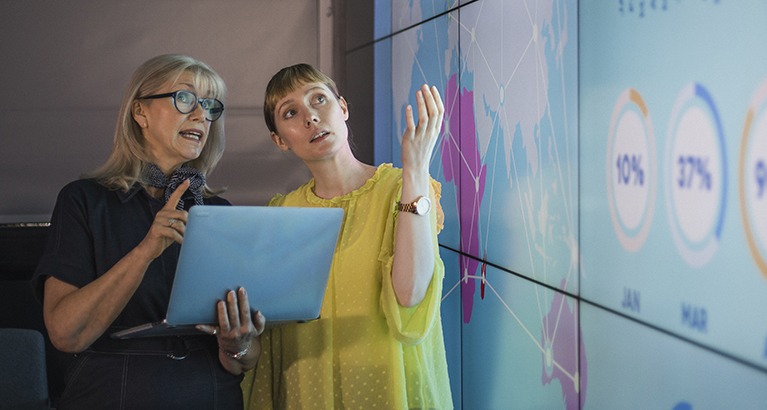A multi-university research centre that includes the Centre for Business Research based at Cambridge Judge Business School has been awarded £8.3 million for a further 5 years to study the UK’s evolving digital work ecosystem.
The centre has been funded since 2020 by the UKRI Economic and Social Research Council (ESRC). The new funding for the ESRC Centre for Digital Futures at Work, known as Digit, will support a new programme of research from January 2025 running through December 2029.
As new digital technologies and AI are more widely adopted, Digit will study the economic and social impacts on people’s working lives, providing insights into the vital partnerships between government, businesses, trade unions, and civil society communities necessary to ensure that productivity gains are widely shared, and that technology is effectively regulated in the emerging digital work ecosystem.
Digit is jointly led by the University of Sussex and the University of Leeds, and other partners include the University of Cambridge, University of Manchester, and Monash University in Australia, together with the Institute for the Future of Work, FutureDotNow, and the Institute of Development Studies.
The new research programme will focus on 5 themes:
1
Digital ecosystem governance
How can key actors shape the evolution of an inclusive, healthy, and sustainable digital work ecosystem in the UK?
2
Digital decisions and adopters
Why do firms adopt, or not, new digital technologies and what are the consequences for employment?
3
Skills and rewards
What can be done to reduce the polarisation of skills, increase levels of digital literacy, and improve rewards at work?
4
Healthy working lives
How does digitalisation affect a healthy work-life balance and access to work?
5
Location and environment
How will digitalisation impact the location of jobs, regional development, and the environment?
The CBR is delighted to be part of the second round of ERSC funding for the Digital Futures at Work Research Centre. We will be building on our research tracking changes in the regulation of platform work around the world, and examining the social and economic effects of labour laws at this time of technological transformation.
Related content
digit-research.org | 5 November 2024
“Digit wins new five-year ESRC grant to examine the UK’s digital work ecosystem”
ukri.org | 5 November 2024
“£32m for four independent social and economic research centres”






